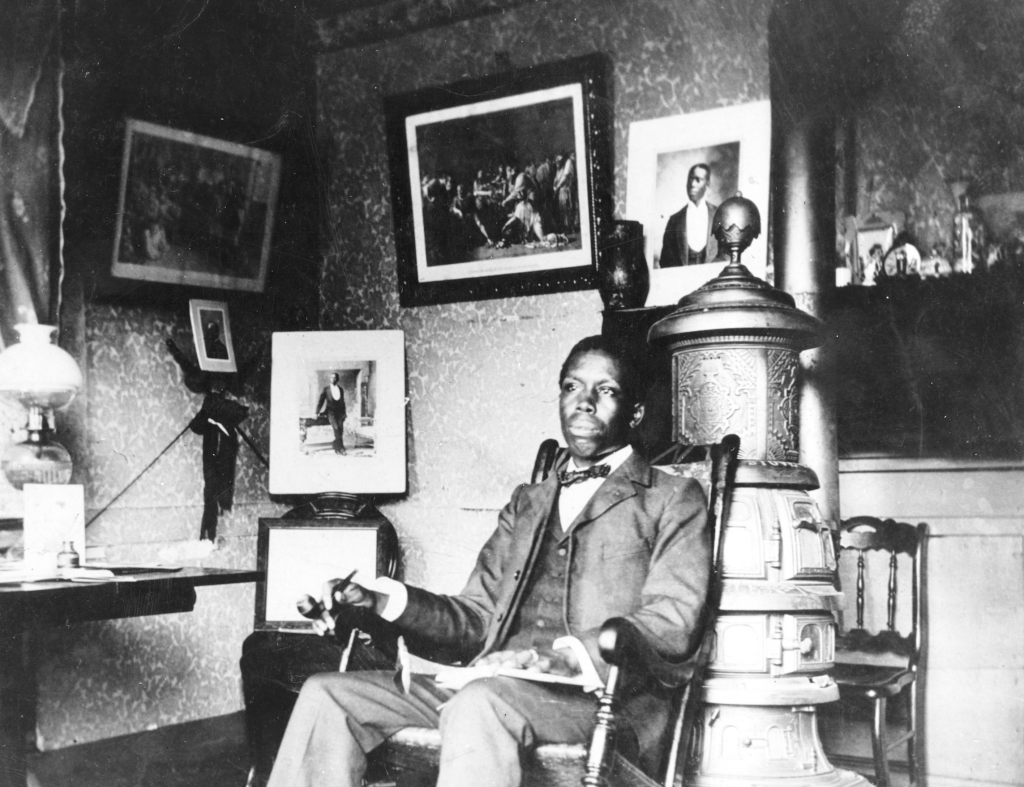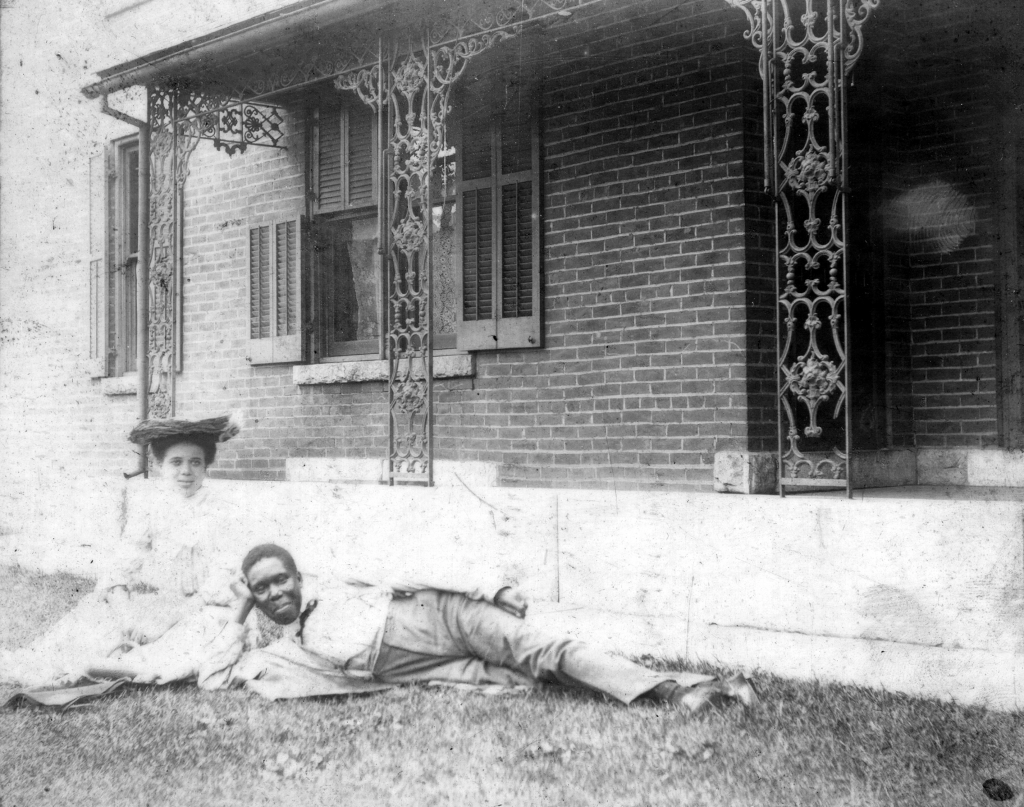Culture

‘Beyond the Mask:’ OU Faculty Comes Together To Honor Dayton Poet
By: Emily Votaw
Posted on:
Beyond the Mask: Paul Laurence Dunbar is a recently completed documentary film that explores the life of Dayton, OH’s Paul Laurence Dunbar, a Black poet known mostly for his dialect poems published in the late 1800s.
The film opens with shots of Dunbar’s most concrete legacy: schools bearing his name. As students hurry in the hallways of these buildings, the narrator poses a pertinent question: do these students know who Dunbar was?

Dunbar’s legacy is more than his name engraved outside of elementary, middle, and high schools littered throughout the United States. The son of freed slaves, Dunbar was an ambitious writer who, as Co-Producer and Executive Producer of the film Dr. Joseph Slade explained, longed to have his name in the literary Canon.
“Perhaps Dunbar is best known for his dialect poems; but he felt that those works sort of pigeonholed him,” said Slade, a Professor Emeritus in Media Arts and Studies at Ohio University. “He wanted to have his name remembered like Keats’ and Shelley’s.”
Although Dunbar’s poems “We Wear the Mask” and “Sympathy” (a line of which, “I know why the caged bird sings,” was later adopted by Maya Angelou for the title of her autobiography,) might be his best-known works, during his lifetime he published seven books of poetry and four novels.
“Dunbar’s writing very much reflects the Black experience,” said Slade. “It could be said that Dunbar is the progenitor of the poetry slam, of rap music.”
Several issues confronted Slade and Frederick Lewis, the Writer, Director and Co-Producer of the film, (as well as a professor and filmmaker at OU’s School of Media Arts and Studies,) as they put the final touches on the film. Finding appropriate b-roll was rather challenging.
“We spent a lot of time filling in the gaps with archival photos,” said Slade, noting that many of the landmarks in Dunbar’s life, such as the Callahan Bank Building where Dunbar worked for several years (while distributing his writing to those who rode the elevator) have long been demolished.
“I spent hundreds of hours searching for the perfect archival images to tell the story,” wrote Frederick Lewis in response to questions from WOUB. “Overall, I used images from more than 80 archives.”
“Writing a documentary isn’t just writing narration and stringing sound bites together. You are writing with words, images, sound effects, music, etc. Everything has to work in concert,” wrote Lewis. “What I really wanted to develop very carefully was the structure of the documentary–weaving contemporary segments about Dunbar’s legacy in with the archival materials that provide historical context and tell his biography.”
Beyond the Mask has been taken on by PBS for broadcast for stations across the country throughout February, Black History Month, and April, National Poetry Month. The documentary will broadcast on WOUB-TV on Feb. 14 at 8 p.m.


